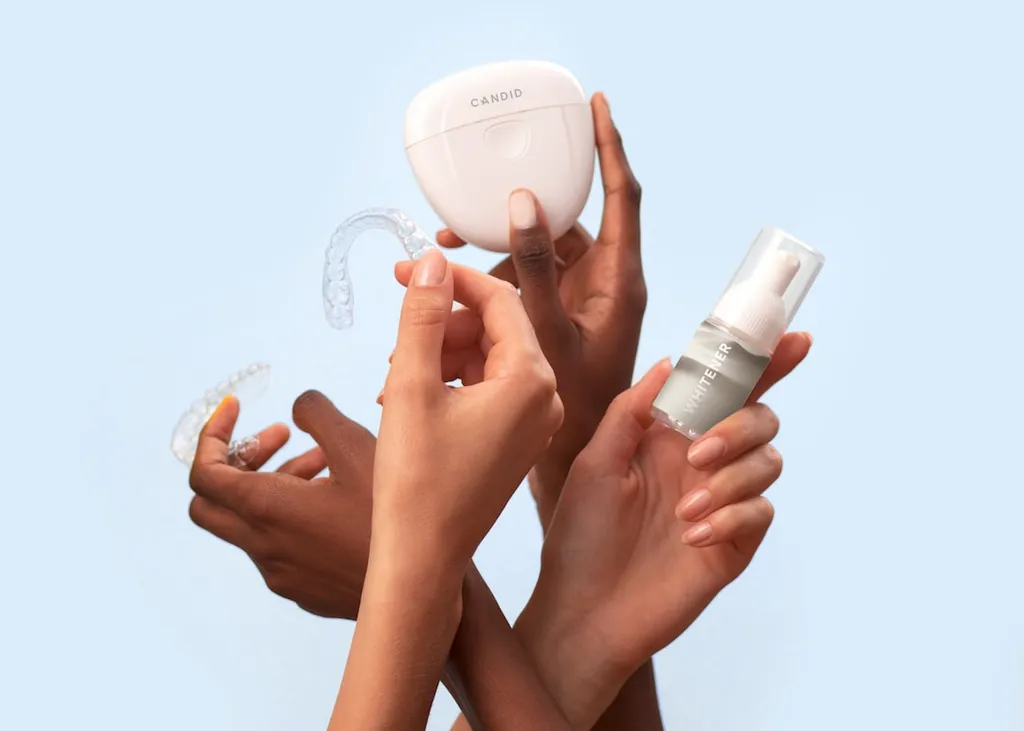Dental Hygienists: A Career in Oral Health
Dental hygienists are licensed oral healthcare professionals who work in dental offices with a qualified dentist. They assist in oral care procedures with preventative and therapeutic methods to help patients maintain good oral health. Dental hygienists serve as a critical partner to dentists, as they help to detect problems early on and prevent them from becoming more serious.
Examples of Dental Hygienists Job Descriptions
- Cleaning teeth and providing preventative oral care services, like oral cancer screening and fluoride treatments
- Assisting in examining and documenting oral health status such as charting and taking dental x-rays
- Advising patients on oral healthcare, including brushing and flossing
- Educating patients on good oral health habits and answering their questions about treatment plans so they can be informed
- Assessing and providing treatment for tooth decay and gum disease
Education and Training Required to be a Dental Hygienist
To become a dental hygienist, students need to pursue post-secondary education. Typically, an associate’s degree in dental hygiene from an accredited program, or a certificate or bachelor’s degree in dental hygiene is required. Programs generally take two to four years to complete and cover subjects such as anatomy, physiology, pharmacology, and radiology. Clinical experience is typically required as well, and this may be conducted as part of an educational program or internship.
Beyond education, dental hygienists must also be licensed by the state in which they practice. To become licensed, one needs to pass the National Board Dental Hygiene Examination (NBDHE) and clinical dental hygiene board examination. Continuing education courses may be required to maintain licensure and practice within the latest technological advances and developments in the field.
How to Progress in Dental Hygiene
Dental hygienists typically start out as entry-level general practitioners, moving up to more specialized fields such as pediatrics, geriatrics, periodontics, or orthodontics. Progress could also mean taking on supervisory roles to manage other hygienists. Continuing education is an essential part of a hygienist’s career path as it enables one to stay up to date with advancements in the field and take on new roles.
How to Break into the Field
If you are considering a career in dental hygiene, there are several things you can do to prepare and stand out in the field:
- Take more advanced courses while in high school such as Biology, Chemistry, and Mathematics
- Volunteer at community dental clinics
- Shadow a dental hygienist or dentist to gain first-hand experience
- Research and select an accredited dental hygiene program that suits your needs
A career in dental hygiene is not only fulfilling but also a stable job, offering a good salary and excellent opportunities for growth.
Dental Hygienists Salary Data and Job Level Information:
The following table represents the salary data for the occupation, Dental Hygienists, along with information about the job level:
| Location | Job Level | Salary (Average) | Salary (Minimum) |
|---|---|---|---|
| US National Average | Level 06 | $77,126.40 | $75,025.60 |
| US National Average | Level 07 | $83,366.40 | $77,833.60 |
| US National Average | Not able to be leveled | $90,168.00 | $76,648.00 |
| US National Average | Nonunion | $84,198.40 | $77,376.00 |
| US National Average | Full-time | $84,739.20 | $80,184.00 |
| US National Average | Full-time Level 07 | $83,574.40 | $81,556.80 |
| US National Average | Full-time Not able to be leveled | $94,224.00 | N/A |
| US National Average | Part-time | $85,259.20 | $74,984.00 |
| US National Average | Part-time Level 06 | $83,512.00 | N/A |
| US National Average | Time-based pay | $85,612.80 | $78,187.20 |
| Alaska | Time-based pay | $114,171.20 | $115,460.80 |
| West Virginia | Time-based pay | $64,272.00 | $61,547.20 |
Dental hygienists are generally paid well in the US, with salary data ranging from $61,547.20 (in West Virginia) to $114,171.20 (in Alaska). The job level varies between Level 06, Level 07, and Not able to be leveled. Nonunion dental hygienists has an average salary of $84,198.40 and a minimum salary of $77,376.00.
Conclusion
Dental hygiene is a well-paying and stable career, with opportunities for growth and specialization. Aspiring hygienists must complete a post-secondary education from an accredited program, obtain the necessary license and certification, and continue their education to stay up to date in the field. Volunteering and shadowing experiences can help prepare you for the field, and researching accredited programs can help you start on your path towards becoming a successful dental hygienist.












